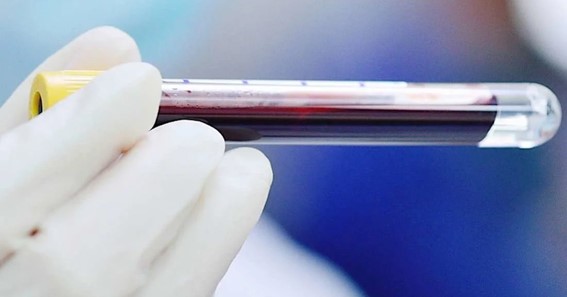Commonly abbreviated as LH, the luteinizing hormone is produced in the pituitary gland and is important for the reproductive process. Its main job is to trigger ovulation. It does this by surging up about 24-36 hours beforehand, which creates the right environment for the egg. It also stimulates the production of progesterone, which is necessary during the early stages of pregnancy. Women who are trying to conceive or having trouble doing so often monitor these hormone levels via fertility products such as PDG test strips.
Normal LH Levels & Ranges
Every person’s LH varies a little bit, but the average premenopausal woman who has a regular menstrual cycle has levels between 5 and 25 IU/L. Those levels vary during certain parts of the cycle, such as during ovulation, during pregnancy, and in menopause. Before pregnancy, the levels vary depending on which part of your cycle you’re in and can range from 0.7-14.6 IU/L. During ovulation, which is considered mid-cycle, is when levels will be the highest. LH levels often drop drastically during pregnancy and are likely to be under 1.5 IU/L. Finally, when you reach menopause, your levels will likely heighten and can be as high as 65.4 IU/L while still being considered normal.
How To Test LH Levels
Testing LH levels is important if you’re trying to get pregnant, especially if you are experiencing irregular periods or other signs of infertility. Abnormal levels could mean the possibility of a pituitary gland disorder, PCOS, or endometriosis. There are two ways to test your LH levels. If you want to test them at home, you can purchase a urine test, which is available in many home fertility kits, or you can test them at the doctor’s office via a blood test. At-home ovulation kits test levels to help you determine whether yours are surging and heading into ovulation. Some tests even go beyond a “yes” or “no” and give you specific numbers. If your levels seem abnormal, it is a good idea to go to the doctor and have them test it again via a blood test.
Click here – Scaling Your Online Business: The Secret Weapon of Australian Entrepreneurs
Changes in LH Levels and What To Do
If your LH levels aren’t within normal range, it will likely be harder for you to become pregnant. If they are too high, it may be that you’re not ovulating or that there is something wrong with your ovaries. High levels may also indicate a hormonal disorder, such as PCOS, or a genetic disorder. High LH levels require a doctor’s help for treatment, so contact yours if this is the case for you.
What if your LH levels are lower than they should be? Low numbers could mean that your pituitary gland is not working properly or that you’re malnourished in some way. You can do some things to improve your low levels, including sleeping more, eating healthy foods, and avoiding tobacco and alcohol. There are also natural supplements available that may help to raise your LH numbers. However, if none of the at-home options help, you’ll need to consult with your doctor.
Now that you know the answer to “when do you ovulate after LH surge” and other questions related to your levels, it’s important to consider your next options. Always talk to your doctor if you suspect fertility issues.
Click here – Spring Trimming & Pruning Tips For Homeowners – Why Hire Pros?






